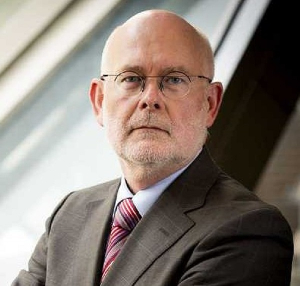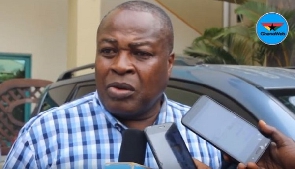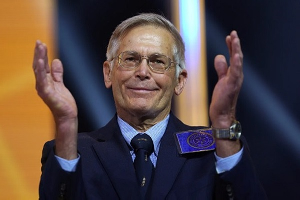The Netherlands Ambassador to Ghana, Jeroen Verheul, has identified two factors working against the success of Ghana’s fight against illegal mining, widely known as galamsey.
Speaking in a Joy News interview, Jeroen Verheul noted that the lack of political will and enforcement capacity are to be blamed for the country’s failure to effectively deal with the menace.
He opined that if these factors were present, the country would have achieved considerable success in the fight.
"I do not have the knowledge and expertise to indicate who those parties might be, but if there was a general political will and if there was an enforcement capacity, then Ghana would be able to solve this issue, but it is not happening."
Jeroen Verheul also delivered his assessment of the fight so far, noting that there has not been significant success in the fight.
Verheul, who declined to use the term galamsey to describe the situation, noted that systematic challenges are curtailing the efforts to address the problem, which threatens the survival of Ghanaians.
"... There is not a lot of success in combating illegal mining, and if I speak to organisations that are forcefully opposing illegal mining, they tell me it is very difficult to get enforcement. For example, if the police act and arrest somebody, that person is often out of prison very soon," he said.
In his last public statement on the galamsey fight in 2023, President Nana Addo Dankwa Akufo-Addo argued that the measures instituted by the government were yielding positive results.
"We placed a ban on illegal mining, the phenomenon we call galamsey, which was destroying our water bodies, vegetation, and our forest. Some 20,000 young people have been engaged to plant more than 30 million trees in two years to create jobs and restore degraded lands.
"These policy initiatives are already yielding positive results in the attainment of SDG Goals, particularly the goal of reducing our carbon emissions," President Akufo-Addo said.
EK
Click to view details



General News of Saturday, 27 July 2024
Source: www.ghanaweb.com

















